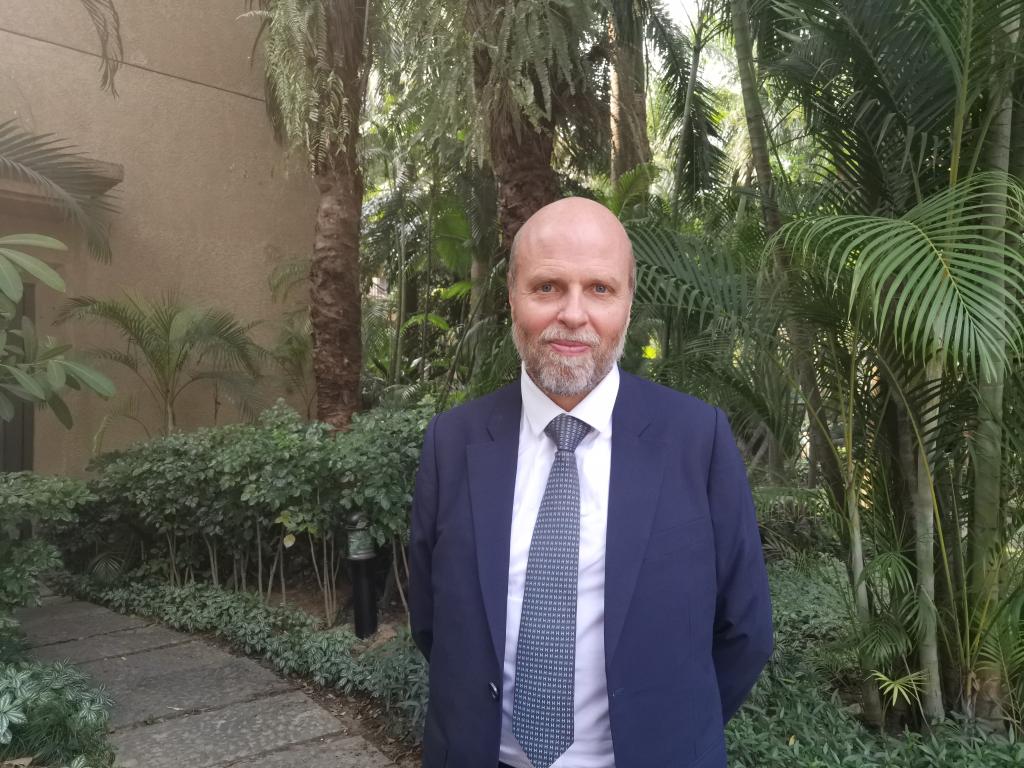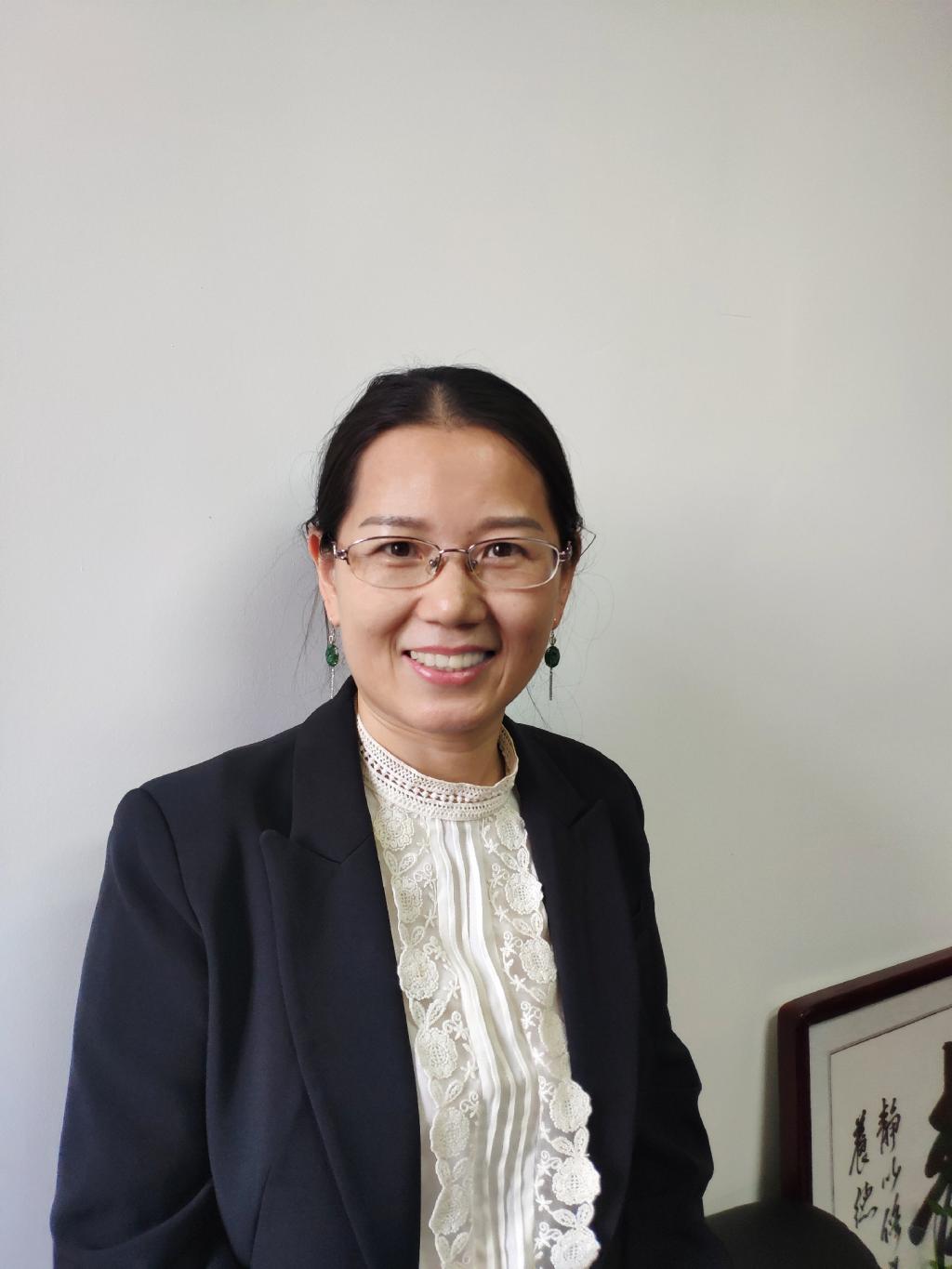多米尼克-李孜实验室
Dominique Ferrandon-李孜教授课题组
(Dominique Ferrandon-Zi Li Group)
负责人简介(Introduction of Team Leader)

Dominique Ferrandon
博士生导师,法国国家研究中心资深教授,霍夫曼免疫研究所特聘教授。
Dominique Ferrandon于1986年在法国著名的巴黎高等师范学院生物系学习,师从Pierre Chambon教授(2004年拉斯克奖得主),取得硕士学位;1989年师从果蝇发育生物学专家Christiane Nüsslein-Volhard教授(1995年诺贝尔奖及拉斯克奖得主)完成博士阶段的学习,并继续一年的博士后研究工作;1994年加入Jules Hoffmann教授(2011年诺贝尔奖获得者)团队研究果蝇抗感染的机制,1995年获得法国国家科学研究中心(CNRS)终身研究职位。他在果蝇抵抗细菌和真菌感染机制研究领域有许多原创的发现。最近,他运用果蝇肠感染模型,发现了肠道上皮细胞修复细菌感染导致损伤的新机制。他的研究团队将解答如下科学问题:1. 宿主如何调控基因的表达来应对各种类型的微生物感染?2. 果蝇如何抵抗真菌感染?3. 宿主-细菌/真菌互作机制。
他在世界顶级刊物上发表多篇论文,包括“cell”,“nature”和“science”等。是法国国家科学基金(NSF)等基金的评审专家, 是F1000成员、EMBO成员,获得国家级人才称号。他已经获得了多项殊荣,包括:法国国家科学研究中心(CNRS), 铜奖;医学研究基金会突出研究团队奖;法国科学院“Prix Mottart”奖 ;医学研究基金会“Prix Lucien Tartois”奖 ;2008年,法国科学院颁发的青年论文奖基金会“Jeune Chercheur”奖,等。
Dominique Ferrandon is a senior CNRS scientist and an adjunct Professor at SFHI. After studies at the Ecole Normale Supérieure in Paris, he performed his doctoral work on the developmental biology of Drosophila under the guidance of Prof. Christiane Nüsslein-Volhard (Tübingen, Germany). Having joined the CNRS Unit led by Prof. Jules Hoffmann in Strasbourg as a CNRS researcher, he made seminal discoveries through the genetic dissection of the Drosophila systemic and epithelial immune responses against bacterial and fungal infections. More recently, he has studied bacterial intestinal infections in Drosophila and also investigates host-pathogen interactions using bacterial and fungal pathogens. His work has regularly been published in prominent journals. He has been awarded several distinctions such as the CNRS Bronze Medal, the Grand Prix Mottart from the French Academy of Sciences, the Young Investigator Award from the Simone and Cino Del Duca Foundation, the Prix Lucien Tartois from the Fondation pour la Recherche Médicale. He has been elected a member of the European Molecular Biology Organization in 2010 and is a Foreign Expert of China’s 1,000 Talents Program.

李孜 Zi Li
李孜自1998年从南开大学七年制临床医学专业毕业、获得硕士学位后,即到广州医科大学工作。于2004年毕业于中山大学病原生物学专业,获得博士学位。2009年-2011年在美国博士后工作期间,分别在美国新墨西哥大学生物系从事曼氏血吸虫感染与宿主免疫研究、Lovelace呼吸病研究所从事肺癌转移分子机制研究,2013.10-12在法国斯特拉斯堡大学做访问学者期间开始接触果蝇领域。2011-2014年担任广州医科大学病原生物学与免疫学教研室主任;2013-2017年担任广州霍夫曼免疫研究所的副所长。2012年受聘为广州医科大学免疫学教授。她主要从事于组织型转谷氨酰胺酶、NLRP3炎症小体活化与肝纤维化、肺癌转移及其他炎症性疾病的关系机制研究。现在,她是Dominique Ferrandon教授的Co-PI,负责将模式生物果蝇中发现的宿主-病原体互作机制研究转化到哺乳动物和人。
Zi Li got her master and bachelor degree in clinical medicine (Seven-year program) at Nan Kai University in 1998 and defended her Ph.D. on the biology of pathogens at Sun Yat-Sen University in 2004. She got a postdoctoral position to work on Schistosoma mansoni infections in Prof. ERIC SAMUEL LOKER’s laboratory at the University of New Mexico and then in Prof. Yong Lin’s laboratory at Lovelace respiratory research institute, Albuquerque, New Mexico, to study the mechanisms of lung cancer metastasis during 2009-2011. She started her Drosophila-related research since her visiting Strasbourg university in Oct-Dec of 2013. She was appointed as a professor in immunology at Guangzhou Medical University in 2012 and has been an executive director of Sino-French Hoffmann Institute during 2013-2017. She has been focusing on how tissue transglutaminase, NLRP3 inflammasome activation are involved in liver fibrosis, lung cancer metastasis, and other inflammatory diseases. At present, she is working as a co-PI of Prof Ferrandon to investigate host defense against infections and the mechanisms of host-pathogen interactions in mammals, building up on the studies performed on the Drosophila melanogaster model.
课题组研究方向(Research interests)
从模式生物黑腹果蝇转化到哺乳动物和人,研究宿主抵抗感染、-宿主-病原体的互作机制。Study of host defense against infections and mechanisms of host-pathogen interactions in the genetic model organism Drosophila melanogaster and in mammalian
课题组代表文章(Selected publications)
1) Franchet A, Niehus S, Caravello G, and Ferrandon D*. Phosphatidic acid as a limiting host metabolite for the proliferation of the microsporidium Tubulinosema ratisbonensis in Drosophila flies. Nature microbiology, 2019( 4):645–655.
2) Li ZY, Xiao L, Lin G, Tang J, Chen Y, Chen L, Li B, Wu M, Liu S, Huang C, Ferrandon D, Li Z.Contribution of tissue transglutaminase to the severity of hepatic fibrosis resulting from Schistosoma japonicum infection through the regulation of IL-33/ST2 expression.Parasit Vectors. 2019 Jun 14;12(1):302.
3) Haller S, Franchet A, Hakkim A, Chen J, Drenkard E, Yu S, Schirmeier S, Li Z, Martins N, Ausubel FM, Liégeois S, Ferrandon D*. Quorum-sensing regulator RhlR but not its autoinducer RhlI enables Pseudomonas to evade opsonization. EMBO Rep. 2018 May;19(5). pii: e44880.
4) Wen Z, Ji X, Tang J, Lin G, Xiao L, Liang C, Wang M, Su F, Ferrandon D, Li Z李孜*. Positive Feedback Regulation between Transglutaminase 2 and Toll-Like Receptor 4 Signaling in Hepatic Stellate Cells Correlates with Liver Fibrosis Post Schistosoma japonicum Infection. Front Immunol. 2017 Dec 13;8:1808.
5) Lee KZ, Lestradet M, Socha C, Schirmeier S, Schmitz A, Spenlé C, Lefebvre O, Keime C, Yamba WM, Bou Aoun R, Liegeois S, Schwab Y, Simon-Assmann P, Dalle F, Ferrandon D*. Enterocyte Purge and Rapid Recovery Is a Resilience Reaction of the Gut Epithelium to Pore-Forming Toxin Attack. Cell Host & Microbe. 2016 Dec 14;20(6):716-730.
6) Ferrandon D. The complementary facets of epithelial host defenses in the genetic model organism Drosophila melanogaster: from resistance to resilience. Curr Opin Immunol. 2013 Feb;25(1):59-70.
7) Limmer, S., Haller, S., Drenkard, E., Lee, J., Yu, S., Kocks, C., Ausubel, F. M., Ferrandon, D*. Pseudomonas aeruginosa quorum-sensing regulator RhlR is required to neutralize the cellular immune response in a Drosophila melanogaster oral infection model. Proc. Natl. Acad. Sci. (USA), 2011; 108, 17378-17383.
8) Li Z, Xu X, Bai L, Chen W, Lin Y. EGFR-mediated tTG overexpression couples acquired TRAIL-resistance and migration involving c-FLIP and MMP9 in NSCLC cells. J Biol Chem. 2011 Jun 17;286(24):21164-72.
9) Cronin, S.J., Nehme, N.T., Limmer, S., Liegeois, S., Pospisilik, J.A., Schramek, D., Leibbrandt, A., Simoes Rde, M., Gruber, S., Puc, U., Ebersberger, I., Zoranovic, T., Neely, G.G., von Haeseler, A., Ferrandon, D.*, and Penninger, J.M. Genome-wide RNAi screen identifies genes involved in intestinal pathogenic bacterial infection. Science, 2009; 325, 340-343.

